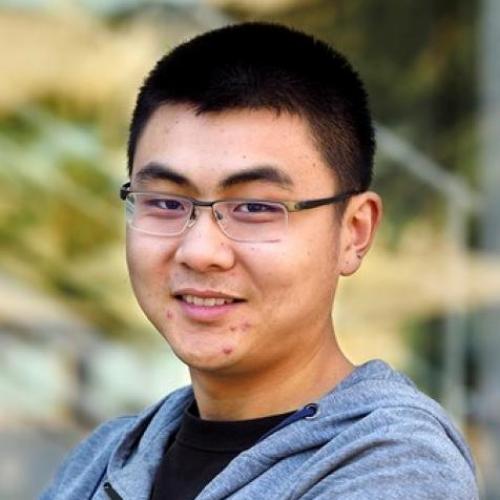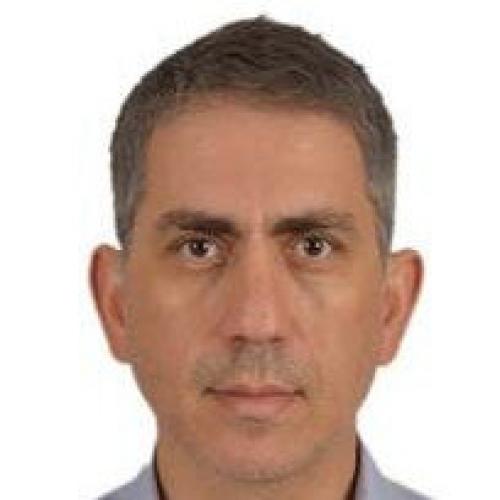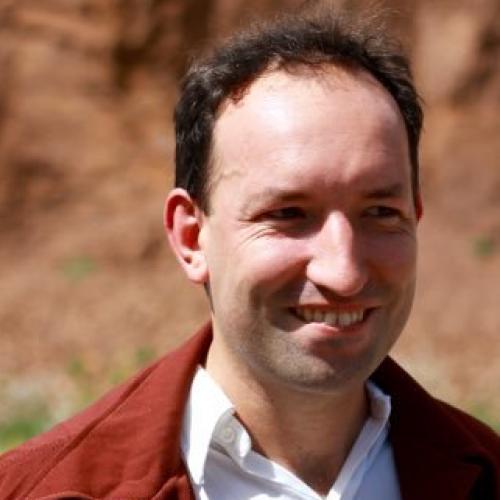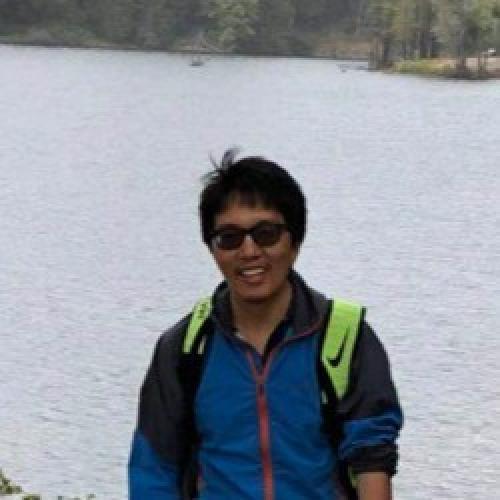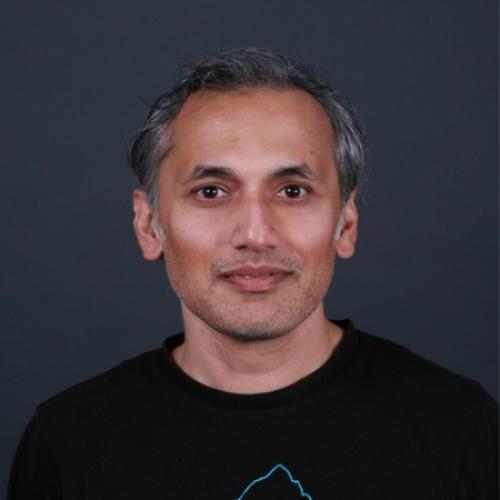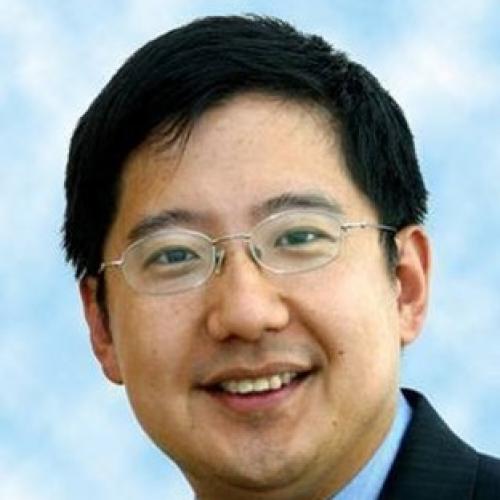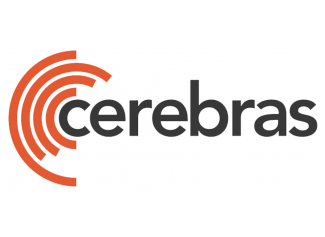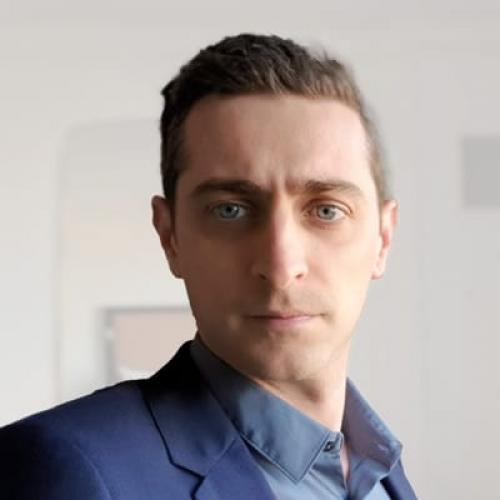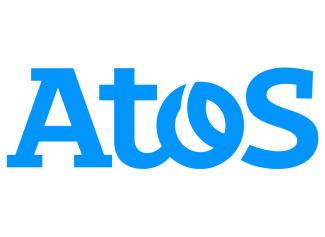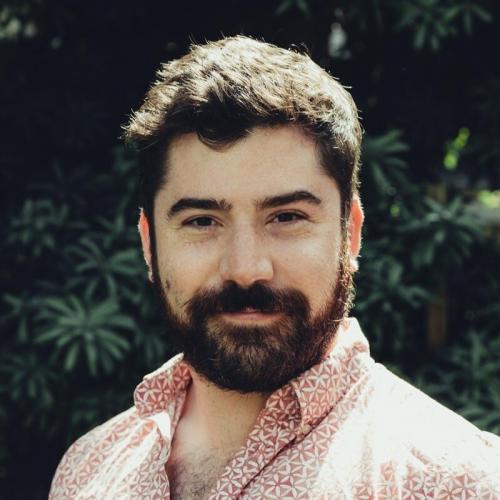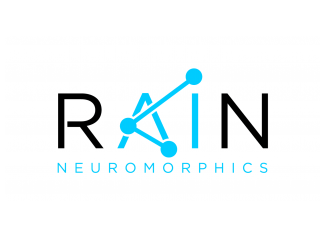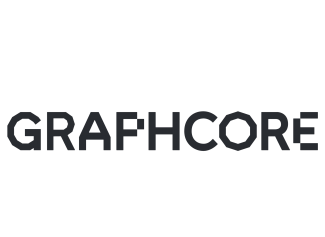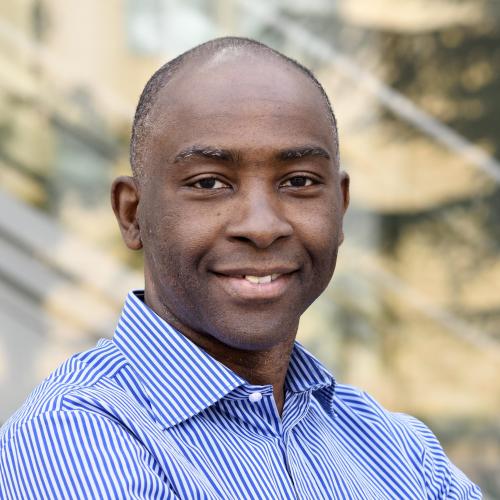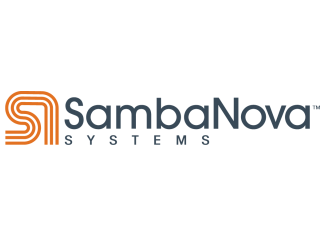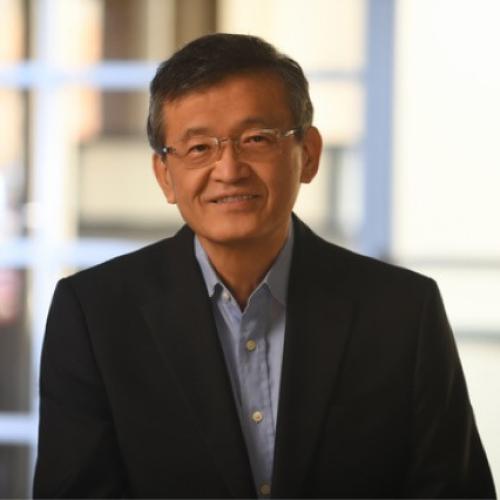
Carlos Guestrin
Carlos Guestrin is a Professor in the Computer Science Department at Stanford University. His previous positions include the Amazon Professor of Machine Learning at the Computer Science & Engineering Department of the University of Washington, the Finmeccanica Associate Professor at Carnegie Mellon University, and the Senior Director of Machine Learning and AI at Apple, after the acquisition of Turi, Inc. (formerly GraphLab and Dato) — Carlos co-founded Turi, which developed a platform for developers and data scientist to build and deploy intelligent applications. He is a technical advisor for OctoML.ai. His team also released a number of popular open-source projects, including XGBoost, LIME, Apache TVM, MXNet, Turi Create, GraphLab/PowerGraph, SFrame, and GraphChi. Carlos received the IJCAI Computers and Thought Award and the Presidential Early Career Award for Scientists and Engineers (PECASE). He is also a recipient of the ONR Young Investigator Award, NSF Career Award, Alfred P. Sloan Fellowship, and IBM Faculty Fellowship, and was named one of the 2008 ‘Brilliant 10’ by Popular Science Magazine. Carlos’ work received awards at a number of conferences and journals, including ACL, AISTATS, ICML, IPSN, JAIR, JWRPM, KDD, NeurIPS, UAI, and VLDB. He is a former member of the Information Sciences and Technology (ISAT) advisory group for DARPA.
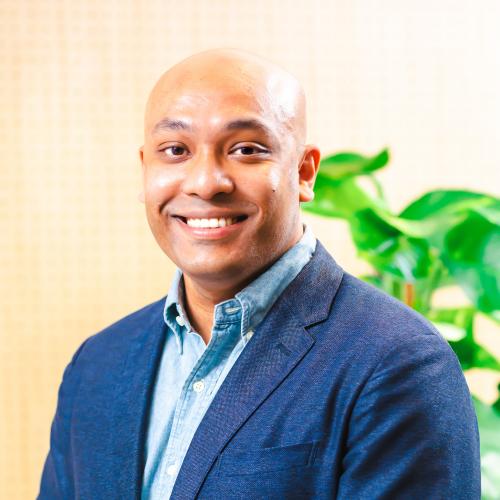
Sakyasingha Dasgupta
Dr. Sakyasingha Dasgupta is the founder and CEO of Edgecortix, Inc. He is an AI and machine learning technologist, entrepreneur and engineer with real-world experience in taking cutting edge research from ideation stage to scalable products. Having worked at global companies like Microsoft, IBM Research and national research labs like RIKEN and Max Planck Institute, in his more recent roles, he has helped establish and lead technology teams at lean startups in Japan and Singapore, in robotics & automation and Fintech sectors.
After spending more than a decade in research and development in diverse areas like, brain inspired computing, robotics, computer vision, hardware acceleration for AI, wearable devices, internet of things, machine learning in finance and healthcare, Sakya founded EdgeCortix, a deep-tech startup automating machine learning driven AI hardware & software co-design for an intelligent distributed edge ecosystem.
Sakyasingha recently took part in a webinar titled "Software, The Elephant in the Room for Edge AI Hardware Acceleration" - register for free to watch on-demand here

Luis Ceze
Luis Ceze is Co-founder and CEO at OctoML, Professor in the Paul G. Allen School of Computer Science and Engineering at the University of Washington, and Venture Partner at Madrona Venture Group. His research focuses on the intersection between computer architecture, programming languages, machine learning and biology. His current focus is on approximate computing for efficient machine learning andDNA-based data storage. He co-directs the Molecular Information Systems Lab (MISL), the Systems and Architectures for Machine Learning lab (SAMPL) and the Sampa Lab for HW/SW co-design. He is a recipient of an NSF CAREER Award, a Sloan Research Fellowship, a Microsoft Research Faculty Fellowship, the IEEE TCCA young Computer Architect Award and UIUC Distinguished Alumni Award.
